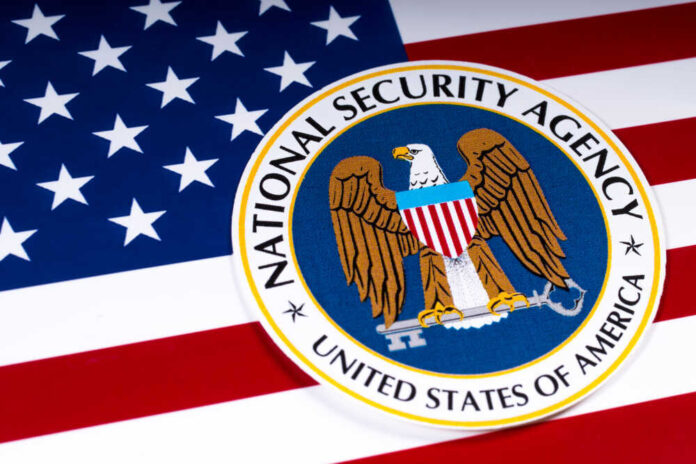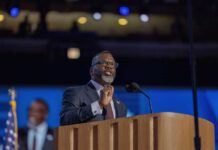
The National Security Agency (NSA) is set to cut up to 2,000 jobs in a major downsizing effort by the Trump administration to reduce the federal government.
This decision comes as part of a wider plan affecting key defense support agencies, stirring concerns about national security implications.
The NSA has been directed to decrease its civilian workforce within the U.S. Department of Defense by approximately 8%.
Affected roles include administrative staff and cybersecurity operators, totaling between 1,500 and 2,000 positions. The number of total non-military personnel at the NSA remains classified.
This massive reduction is slated for completion by the end of the year. However, the timeline may shift due to the Defense Department’s budgetary considerations.
These cuts are part of broader actions that impact all “combat support agencies” offering Pentagon expertise, including the Defense Intelligence Agency, the National Reconnaissance Office, and the National Geospatial-Intelligence Agency.
While the NSA refrains from providing further comments, its challenges deepen following the removal of Air General Timothy Haugh and his deputy.
Rumors suggest reshuffling agency leadership under Trump’s plan, possibly separating NSA leadership from U.S. Cyber Command.
Moreover, the NSA has resorted to offering early retirement options, part of a “Fork in the Road” initiative attributed to Elon Musk.
Reports indicate up to 100 senior NSA officials might retire or resign due to buyout incentives provided during this restructuring period.
This aligns with similar reductions within the U.S. intelligence community. The Washington Post noted that the CIA is also experiencing significant downsizing, with projections of up to 1,200 position layoffs.
The ongoing changes have sparked debates about national security.
NSA personnel play a crucial role in protecting U.S. interests, making such cuts a point of contention, especially as potential new leaders might lack the essential experience needed at such a critical juncture.
The NSA is expected to eliminate up to 2,000 civilian jobs as the Trump administration continues its effort to reduce the sprawl of the federal bureaucracy by making across-the-board cuts throughout the government. https://t.co/6wMErM4Yur
— NEWSMAX (@NEWSMAX) May 6, 2025
In addition, the Trump administration’s decision underscores a push for streamlined, more autonomous operations, yet faces criticism for the potentially high stakes involved.
This reduction in the federal workforce comes as the Trump administration works to fulfill campaign promises to drain the swamp and reduce government overreach.
For years, conservatives have questioned the necessity of such large intelligence agencies, particularly as concerns about domestic surveillance and political weaponization have grown.
The intelligence community has faced increased scrutiny from MAGA supporters who believe elements within these agencies have undermined President Trump’s previous administration through leaks and resistance.
This restructuring represents a significant step toward bringing accountability to agencies that have operated with minimal oversight for decades.



















